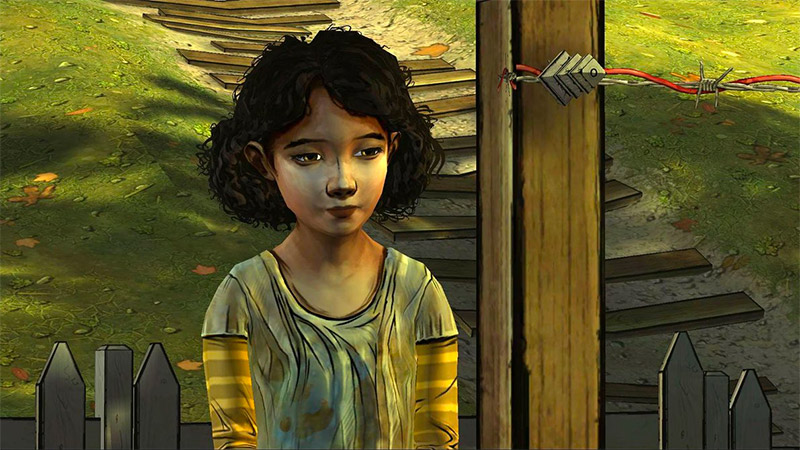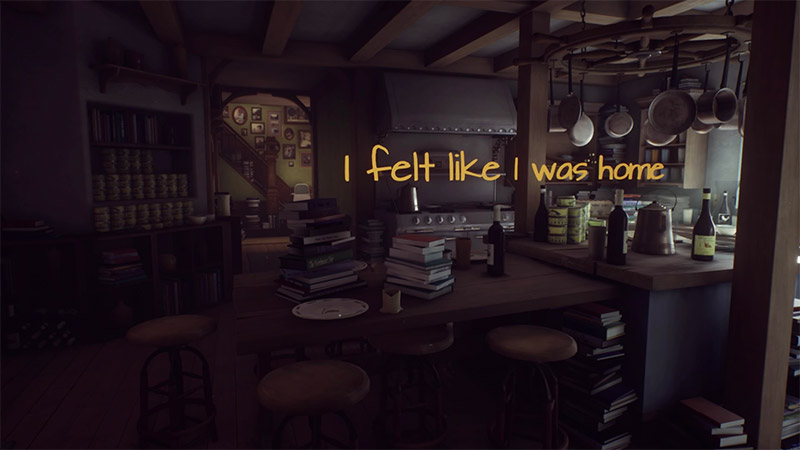Telltale’s Tale Has Grown Stale
“Clementine will remember that.”
The first time I read those words, a wave of dread instantly overcame me. It was like my decision had put me on a path down a forked road, unable to go back and retread my steps. My decision was final and the story pressed on, solidifying a future I had yet to discover. It wasn’t until Episode 3 of Telltale’s The Walking Dead did I realize that all my choices were inevitably leading to one, maybe two, endings. This “storytelling” genre of games is a growing one, and one I thoroughly enjoy, but for all the growth the genre has had over the years, there are still developers out there that have played it too safe and made their “stories” tired and predictable in the process.

Source: Telltale Games
I put off playing the Telltale’s The Walking Dead for as long as I could. Don’t get me wrong, I had heard great things about it, but the fact that it was episodic wasn’t very attractive to me. I’m not really one for waiting. My impatience aside, the concept of “episodes” in a video game in general kept me from jumping in as well. What does it mean to have episodes in a video game? This isn’t a TV show, it’s a video game. I wasn’t sure how I should feel about a game that released bit by bit. But then I got my hands on it…and I loved it. The first season of Telltale’s The Walking Dead was a masterpiece. It was both familiar and new, like playing one of my old and beloved point-and-click adventure games but with an entirely new and engrossing story full of realized characters with flaws and aspirations (like not being eaten, for example).
The first season of Telltale’s The Walking Dead was a masterpiece.
With every decision I made in the game, I could tell I was affecting people’s lives in significant ways, for better or for worse. I would go on to finish the entire season in two days. It was THAT good. Unfortunately, it wasn’t until I played more of Telltale’s games, a few times each, that I realized that they all follow the same, predictable formula. I perform some action, choose my dialogue, and then…“[Insert Name] remembers that.” Sure, some of the dialogue changes between decisions but the story goes down the same path. The major plot points of these games remain unchanged as does my experience throughout them. This once genius approach to storytelling is now incredibly tired and thin. We’re no longer players here, just the glorified page turners of predictable stories.

Source: Giant Sparrow
What’s even more perplexing is that a number of other developers have taken this storytelling genre and cultivated it into something new, fresh and enjoyable. Games like Layers of Fear craft each area you visit based on the mysteries you unravel about its unnamed protagonist. Every decision you make creates a new, horror-filled room with its own mysterious ending. In Layers of Fear, your choices actually mean something and allow for new and unique experiences with each playthrough. What Remains of Edith Finch’s take on the genre tricks the player into telling its story through a series of smaller ones as Edith recounts the tragedy surrounding her family. The game reveals its secrets as you travel from room to room examining all the trinkets, mementos, and subtle nuances a house full of family should have. Life is Strange illustrates the weight of consequence by letting you manipulate time to go back and alter your decisions. The catch: you can only see the immediate results of those decisions. You have to wait and see the true outcome of your decisions later.

Source: DONTNOD Entertainment
What these games understand that Telltale seems to be missing is that, like most pieces of literature, any story can be told and it can be told in a variety of ways; each game a different story, and each story uniquely told. Strong game franchises realize this, and most will act upon that variety to keep their franchises fresh and on the leading edge. Telltale, however, is not so willing to change. Each new title, whether it is a TV series, movie, or comic, recycles their same old formula time and time again. If Telltale plans on keeping up with the rest of the field, it’s going to have to tell a different kind of tale.





